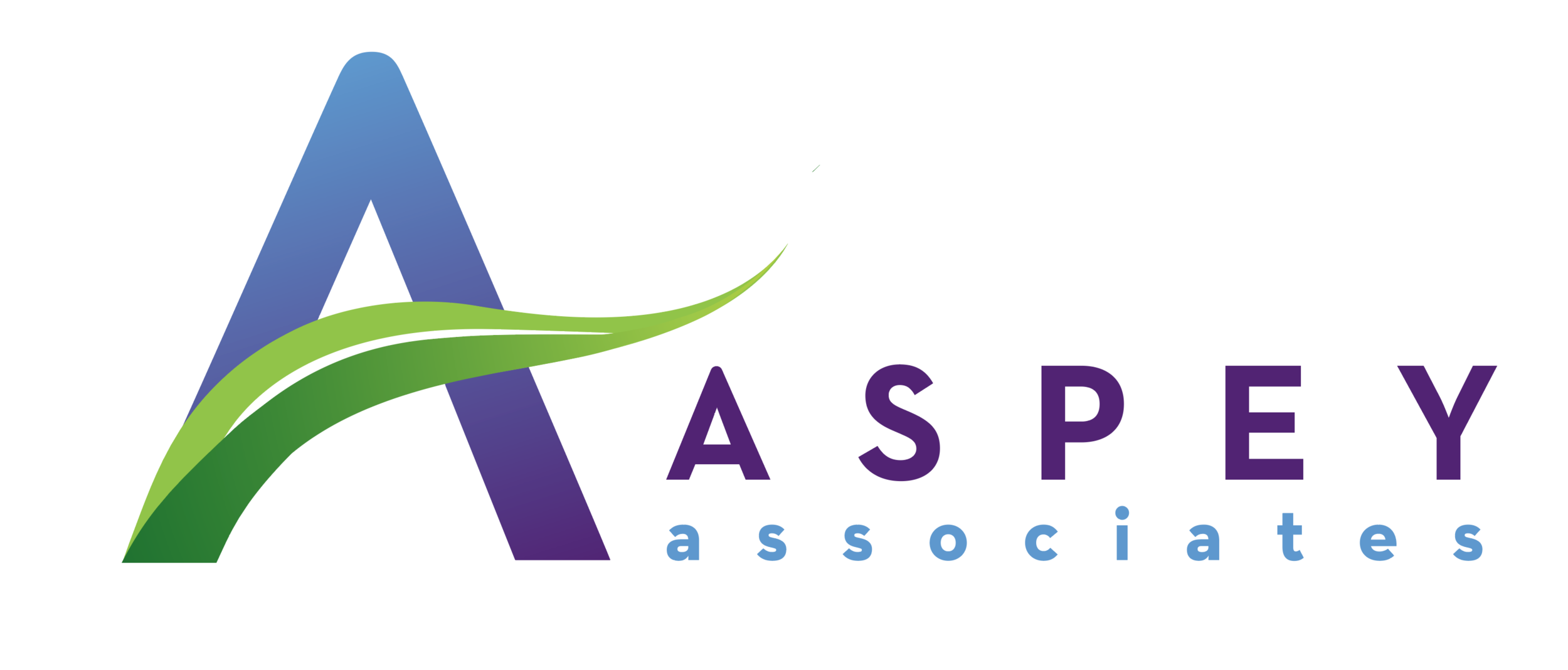We don't need experts if we want to become good at thinking for ourselves. We need our supervisors to have the expertise to develop our expertise.
Welcome to June's edition
Great Thinkers: Nate Hagens on "Cultural Mitochondria"
Time to Think: The Thinking Partnership course in the Cotswolds, Sept/Oct 2025
Core Skills for 2030: The 2025 World Economic Forum survey
In print: Two new book contributions from me for 2025
Hare picture by IERC, Unsplash
In this edition:
Free: Coffee in an Online Thinking Environment: Join us for a good think!
Great Thinkers: N.Katherine Hayles: A New Theory of Mind - From Bacteria to AI
New Supervision Group for Coaches & Facilitators: Starts 16 September 2025
Making Meaning from Metacrisis: an invitation to talk
Do you need to create and share compelling messages? To distill complex messages into compelling short stories? The check out this "ABT Narrative Template", developed in 2012 by scientist turned filmmaker Randy Olson.
When we start and can stay in a state of unknowing about what someone is thinking, and give then real Attention, you’d be amazed at what this can generate!
Climate Cafe Listening Circles are informal, lightly facilitated, confidential spaces – online or in person – where people can safely share their thoughts and feelings about the climate and ecological crisis. No advice, no talks, no expectation of action.
Does anyone here have any bad habits?
I did. One that may shock you, given the work I do. You may even recognise yourself when I tell you mine!
My comments in the Independent about the survey showing 64% of childrenaged 11-16 were experiencing ‘eco-anxiety’.
A summary of my talk at the &Beyond flagship conference in London in May 2024 on how travel managers could help shift corporate traveller mindsets towards more sustainable options.
If your response is “Yes” you're not alone.
But WHY, you might ask, as others have of me, do we need to TALK about it? Here are my thoughts:
What might climate change and environmental crisis mean for coaches? We are accustomed to supporting others yet are we equipped to help them with their existential fears? With guilt, anxiety, loss or tragedy? Whilst experiencing and managing our own?
Some tips for using Zoom for group meetings including trainings and interactive workshops..
The new year is of course a time when many of us give something up. Yet sometimes only the true beauty of something can come through when we take away the layers, the distraction, the proliferation, the activity.
Even the most accomplished leaders can suffer from Imposter Syndrome or unhelpful performance anxiety at times. They can become good at hiding it. But deep down it has a hold…
Untrue and limiting assumptions about needing to be in control can create a negative cycle of learned helplessness, discouraging people from thinking for themselves.
The making of a film often involves bringing thousands of people - often strangers - together for a specific project. It’s a very different beast to running a company. What can other leaders learn from this?
When people ask a question, they may not yet have the answer, but it's highly likely, when giving them our full, generative, uninterrupted Attention, that they will formulate it.
How to work with groups and teams so that they don’t get caught up in unproductive unconscious group dynamics.
Last piece on how to work with groups and teams so that they don’t get caught up in unproductive unconscious group dynamics.
Some people think their coach should be “challenging”, yet rarely does it help clients to think for themselves.
Those who haven't experienced professional supervision may have a vague idea that it’s important for “good practice”, yet are unsure about what they will personally get from it.
If you want to keep your people and organisation at the peak of the game, ongoing learning is key. And one of the best ways to do this is through coaching - so how do you make the time?
Questions have their place in coaching but how do we question without continually directing the client to where we think they should go in their thinking? A “spectrum” mindset can help!






























Thought-terminating clichés ( a term coined by American psychiatrist Robert Jay Lifton) describes short, emotionally charged phrases that halt complexity, ambiguity, or further discussion. They smooth over uncertainty - not by resolving it, but by making continued inquiry feel unnecessary, naïve, or illegitimate.